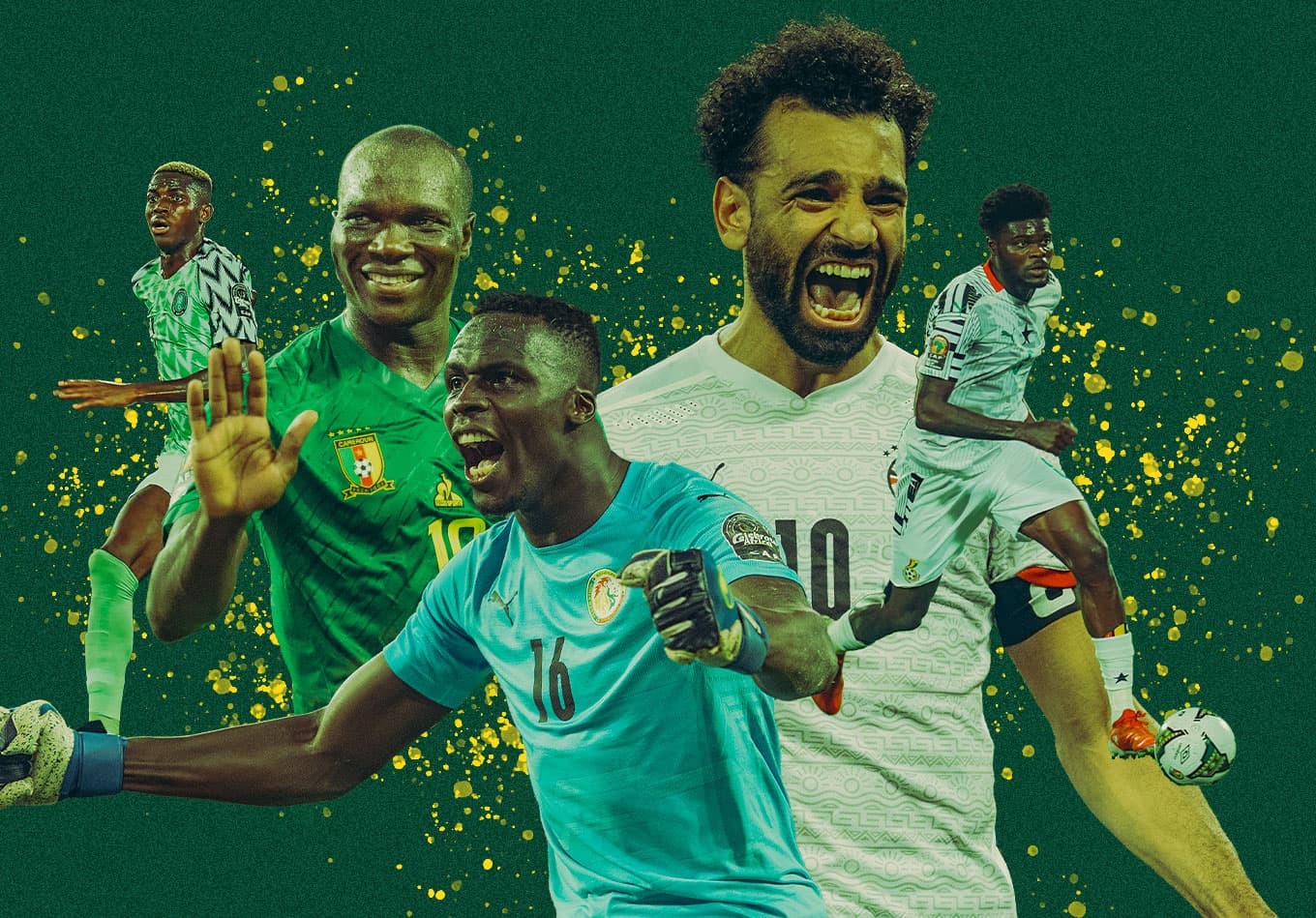Soccer On The African Continent: A History Of The African Cup Of Nations
The African Cup of Nations (AFCON) is Africa’s elite international soccer tournament. Millions of people on the continent look forward to this tournament to discover who will emerge as champions. Let’s take a look at how it all started.
Founded – 1957
AFCON was first held in 1957 in Sudan where only 3 African nations took part. Ethiopia, Sudan, and Egypt were the first teams ever to participate, with Egypt emerging as the first African champions.
Humble Beginnings: The Format
In the initial years, the tournament had a small number of teams participating. Due to these low numbers, the cup format continued to evolve as organizers experimented with group stages, knockout rounds, and different qualification methods.
Independence In Africa
During the mid-20th century, as more African nations gained their independence, soccer was used to unite countries. Newly independent African countries saw soccer as a tool and means to claim their spot on the world stage, showcasing their capabilities.
Regular Feature
The AFCON Cup became a biennial event in 1968. The number of participating teams continued to grow in the tournament as each nation battled it out to be crowned African champions.
Evolution: Host Rotation
As the African tournament grew in stature, more professional players emerged and teams qualified to participate in the cup, it became possible to rotate the host nations.
In 1972, the tournament expanded to 8 teams meaning more nations had the opportunity to participate. In 1980, 12 teams participated, increasing the competitiveness within the cup.
Finally, in 1996 the AFCON Cup increased to 16 teams where it has remained to date. This number has allowed for greater representation of countries across the African continent.
Historic Moments
The AFCON tournament helped establish African soccer at an international level. It created a space for a high standard of competitive soccer to be played. Out of this, African nations became rising stars; in 1990 Cameroon reached the quarterfinals of the FIFA World Cup an astonishing achievement.
In 1994, just a few years after the first $1 Deposit Casino offers emerged and the world started betting online, South Africa won the bid to host the AFCON Cup. This was significant as it coincided with the end of the Apartheid era. In a sterling effort, South Africa went on to win their first-ever AFCON title and establish themselves as African Champions.
The Odd Years
In 2013, CAF (Confederation of African Football) decided to host the tournament in odd-numbered years. This ensure that the tournament would not clash with the FIFA World Cup and would allow countries the opportunity to adequately prepare for the competition.
Expansion: Currently
The AFCON Cup now sees itself boasting 24 African countries which all participate for the title. These 24 teams must qualify out of 51 eligible nations sparking intense competition within the world of soccer in Africa.
Will Ivory Coast retain their title, or will we see a new African champion emerge?
Final Thoughts
The AFCON Cup has played a huge role in establishing African soccer on the international stage. It has united Africa through healthy competition and given teams a platform to develop future stars and increase the quality of soccer on the continent.













